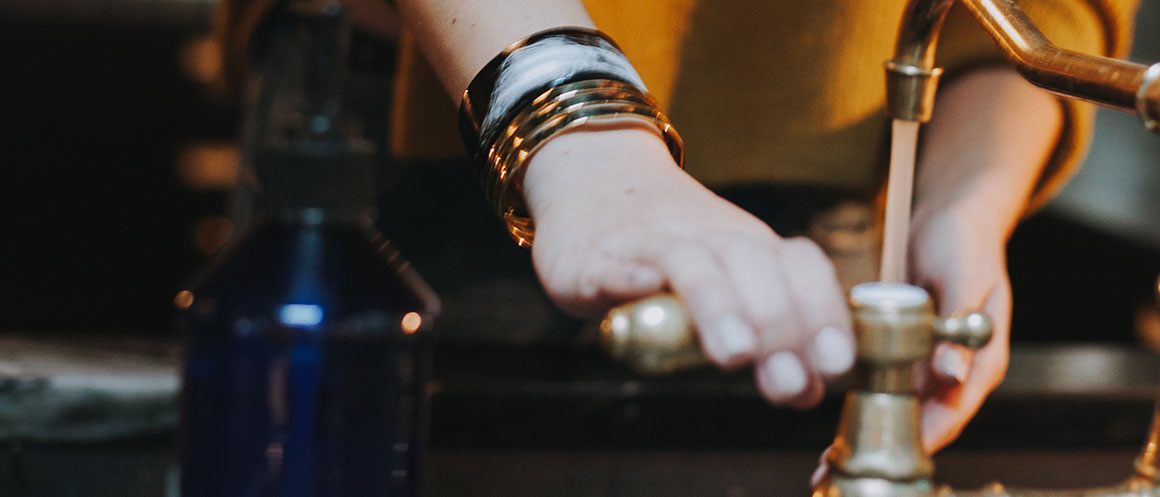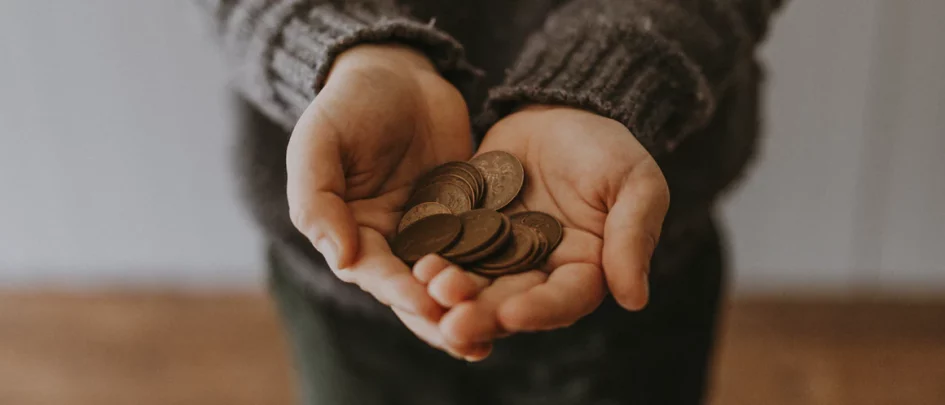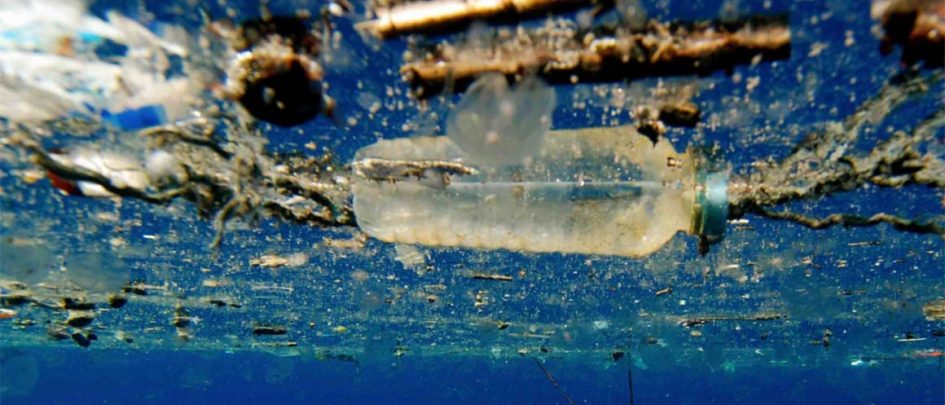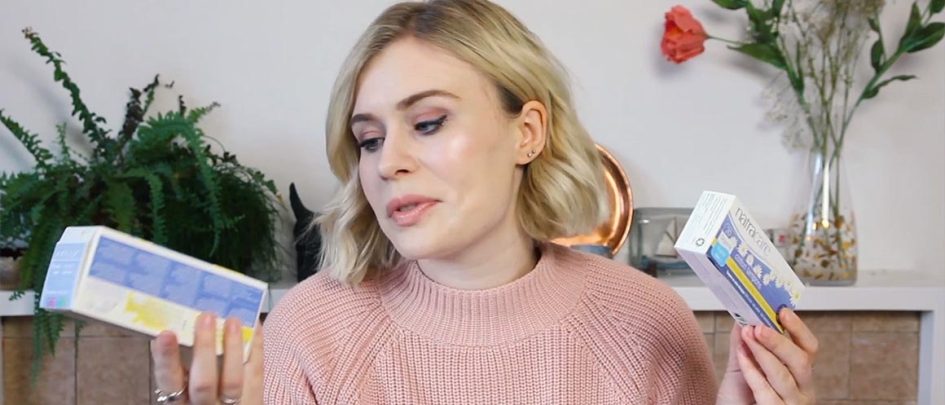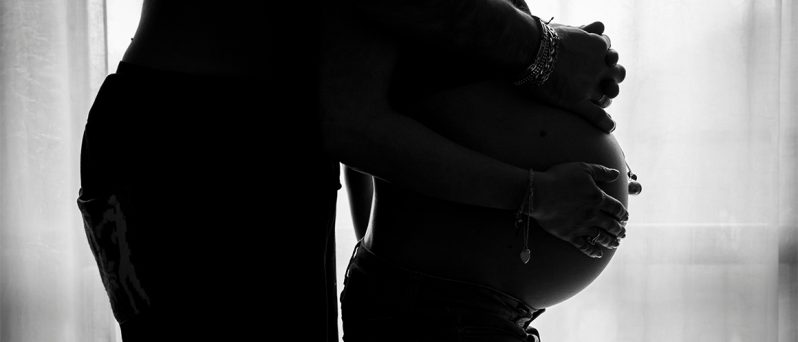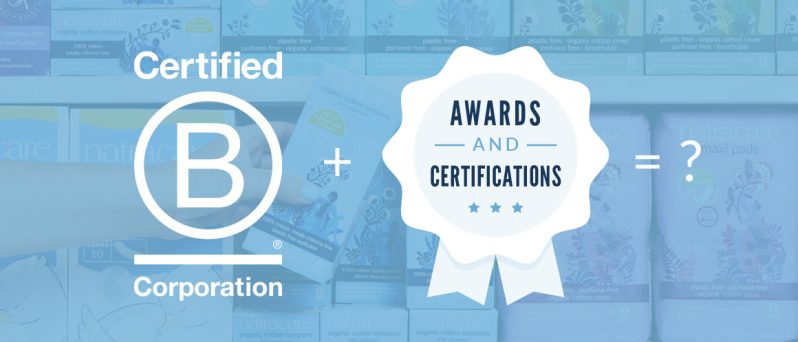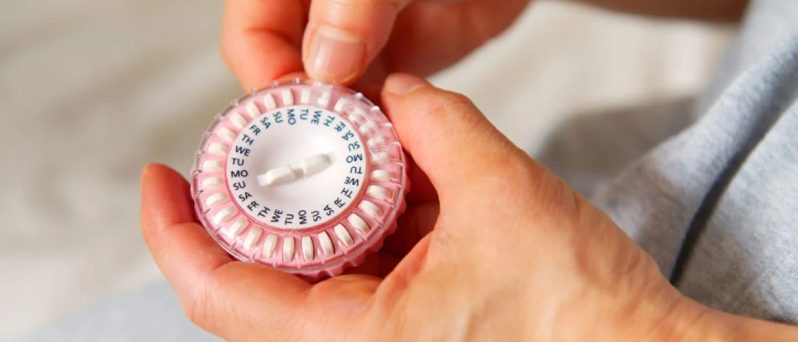World Water Day recognises that water is essential. For many, water is available on demand at the turn of a tap in multiple rooms in our house. But what happens if this life-giving source is taken away? Or if it never existed in the first place?
A small town in Michigan, USA has been living with the consequences of no clean water since 2014, when cost cutting measures led to their water supply being contaminated and unsafe to use. The short documentary, A Tale of Two Cities, produced by The Story of Stuff, gives the smallest glimpse into the everyday reality of life in the town of Flint living without clean water.
Plastic bottled water has become their lifeline. Residents purchase it by the gallons and store as much as they can. A bottle to wash the vegetables, a bottle to boil the vegetables, a bottle to wash hands, hair, clothes… the list goes on. The inconvenience and financial burden of bottled water as well as the environmental impact of all that unnecessary plastic is huge. The outbreak of Legionnaires disease in 2016 made a depressing situation even more desperate. This story is shocking and if nothing else makes us stop and appreciate how important it is to have safe, sanitised water in our taps.
What happens when you’ve never had easy access to water?
The lack of clean water is sadly an everyday reality for far too many people. According to Frank Water’s Annual Report.
Across the world there are 663 million people who have no safe water and 2.4 billion without access to a toilet
Let’s stop and think about how huge those numbers are. When there is no access to safe water, water begins to play a very big role in your life. Life has to revolve around finding it, collecting it, and making it safe to drink.
Access to water effects health, education and opportunities. It prevents girls in countries like Nepal from going to school as they have to stay at home to help their mothers filter and boil water. Without the ability to properly wash our bodies or our food, the spread of disease is rife. Normal things like going to the toilet or having your period become very stressful and even dangerous, if you have to seek out quiet, deserted places to go.
What can we do to help?
- Firstly, on World Water Day take a minute to appreciate if you are lucky enough easily access safe water.
- Secondly, take a look at what life is like for those who don’t have access to this basic need.
- Thirdly, act – donate to a water charity to spread the good work they are doing even further. Everyone deserves water, our essential lifeline.
